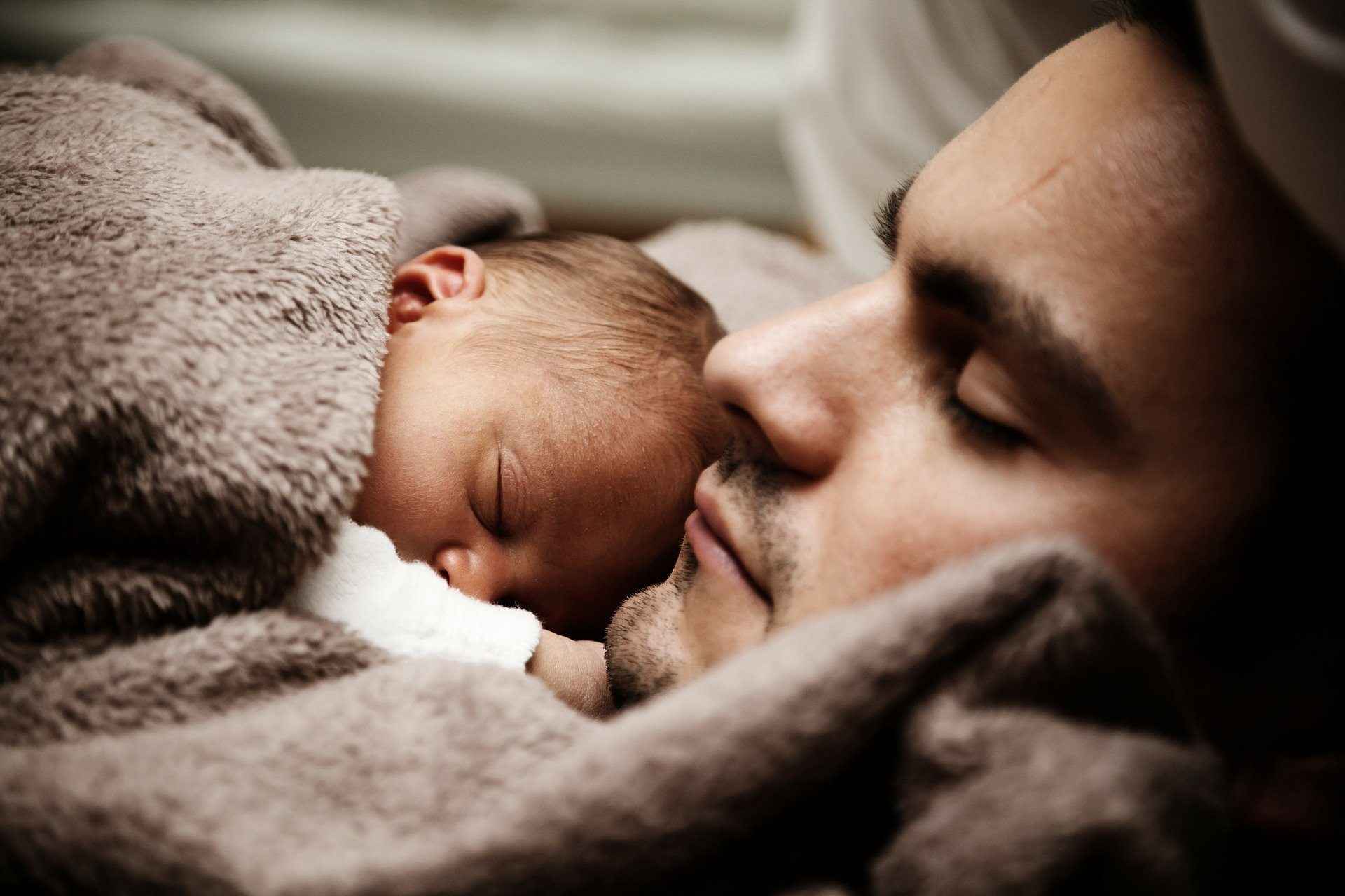Sleep is crucial for both your physical and mental wellbeing, yet many adults aren’t getting enough. While the exact mechanisms are still being researched, it’s clear that sleep is vital for our bodies and minds to function optimally.
Why is sleep so important?
Most adults need around eight hours of good quality sleep per night. Some people need a bit more, some a bit less. However, if you regularly wake up tired and feel tired throughout the day, you probably aren’t getting enough sleep. Babies, young children, and teens need even more sleep to enable their growth and development. People over 65 should also get 7 to 8 hours per night.
In a recent study, The Sleep Council found 74% of respondents said they generally slept less than seven hours a night. 12% of participants reported sleeping for less than five hours. We spend around one-third of our lives asleep, and most of us know that it’s important. Although we don’t yet know everything about our need for sleep, we do know that it is vital for our bodies and minds to function.
Sleep allows us to:
- Process and store memories
- Learn new information
- Grow and repair muscles and tissue
- Produce healthy hormones
What are the benefits of a good night’s sleep?
Sleeping well can offer a variety of benefits. These include:
- Boosted immunity
- Better metabolism and less chance of weight gain
- Improved mental wellbeing
- Reduced risk of diabetes
- Higher sex drive
- Lower chance of heart disease
- Increased fertility
Find out more about our mental health care at home services
What causes impact short-term broken sleep?
Having a bad night’s sleep is not unusual. It’s a very common experience. This is especially true if you’re going through a stressful time – a bereavement, health issues, or any significant change in your circumstances. Furthermore, it’s not just negative events that can affect your sleep. Even the most exciting events in life, such as having a baby, can also have an impact on sleep. Some sleep disturbances can be caused by bad habits such as too much caffeine or exposure to bright artificial light in the hours before sleep. Working night shifts, having no exposure to daylight or travelling across several time zones can all lead to difficulties with sleep.
Sleep can also be negatively affected by pain, the use of certain medications and by alcohol or drugs.
What causes impact long-term broken sleep?
People who experience more frequent or even chronic disturbances of sleep might have underlying sleep disorders.
There are many different types of sleep disorders. They are generally split into six categories:
- Insomnia
- Sleep-related breathing disorders
- Hypersomnia
- Circadian rhythm sleep-wake disorders
- Parasomnia
- Sleep-related movement disorders
How does lack of sleep affect you?
Lack of sleep can have a profound negative effect on both our physical and mental health. Studies have shown that not getting enough sleep regularly is associated with issues including weight gain and obesity, diabetes, hypertension, heart disease and stroke, depression, reduced immune function and increased pain.
People who don’t get enough sleep usually struggle with learning new information, experience memory problems, feel irritable and can be prone to taking excessive risks. Lack of sleep can make us feel excessively sleepy during the day, which can result in decreased vigilance, impaired performance, difficulty making complex decisions, and a greater risk of making mistakes or having an accident.
How can you get enough sleep?
Firstly, we need to make sleep a priority, not treat it as a commodity we trade for something more exciting. Secondly, we need to identify the causes of sleep disturbance.
Usually, there is more than one reason why someone is struggling to sleep. For some people, simple lifestyle changes and the introduction of healthier sleep habits are enough to help them get a better night’s sleep. You may have heard the term ‘sleep hygiene’. This is another word for healthier sleep habits. Improving your sleep hygiene can be a powerful tool in the fight against poor sleep.
How can Cavendish Homecare help?
At Cavendish Homecare we are experts in providing private mental health care at homeare at home for clients who want to remain in their own homes. When it comes to your health and well-being, choosing the right homecare package is of utmost importance and navigating this process can be overwhelming. With Cavendish Homecare by your side, you’ll have the support you need to remain safely at home while enjoying elevated health and wellbeing.
If you would like to enquire about our homecare services, contact us on, 02030085210 or email us at info@cavendishhomecare.com.

About the Author…
Zahrah Abdullah
Operations Coordinator
Zahrah supports the day-to-day operations, combining her management expertise and care experience to keep things running smoothly and ensure the best outcomes for clients. She’s passionate about making a meaningful difference behind the scenes and helping the team deliver exceptional personalised care.
 Back
Back